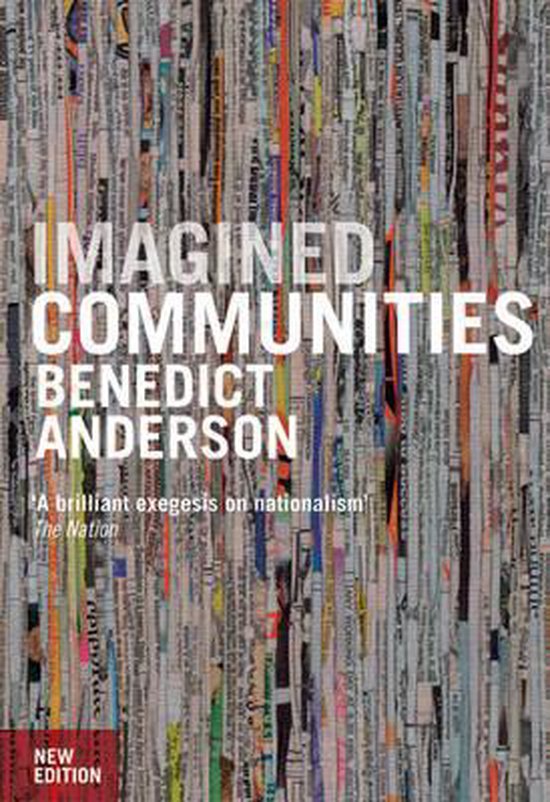
Perhaps rejecting them feels safer than rejecting people who share an imaginary “genuine” white national identity, and strengthens a sense of superiority. When fans engage in racist abuse, they are targeting players because they are seen as “not belonging”. In the case of the English players, it denies the reality of their birth, citizenship and cultural upbringing in England – and the history that has made the country, and Europe more widely, a profoundly mixed and ethnically diverse space.

Such abuse is a particularly ugly mix of grief, fandom, patriotism, rage and scapegoating. For example, Muslim Indian sports stars have been subjected to such abuse in their own countries, as have Japanese players with black heritage. This can take different forms in nations where white people aren’t the majority, but the underlying vitriol is the same. It wasn’t the nation, or “my” people that failed, it was this interloper. If the team is not “us”, then “we” didn’t lose. Research has shown that when visibly diverse teams lose, existing exclusionary and racist nationalist undercurrents rise to the surface, manifesting as denial that players of colour belong to the nation. Kremlin Pool / Alamy Stock PhotoĪlso, the celebrations last only as long as the win. The French team celebrates their victory the 2018 FIFA World Cup. See this oft-cited quote from historian Eric Hobsbawm about the power of football to capture national feelings: “The … imagined community of millions seems more real as a team of 11 named people.” Athletes become the face of a nation, and many of us pin patriotic hopes, fears and frustrations on them. The massive increase in the visibility and popularity of sports over the past century, thanks to television, radio and the internet, has intensified the way that fans relate to players as local and national representatives. French player Kylian Mbappé faced online abuse when Swiss goalie Yann Somer successfully defended his penalty in the second-round clash that sent les bleus home. It wasn’t only English players who experienced such treatment during the tournament.



A tweet in response to the harassment captures this phenomenon: “When you score, you’re English. Racism has long been found in European sports, and is intensified when players of colour are put in the spotlight during major international competitions. One of the worst things about this racism was how predictable it was. Three young players – Marcus Rashford, Jadon Sancho and Bukayo Saka – were subjected to torrents of anti-black racist abuse. In the penalty shoot-out that saw Italy defeat England in the UEFA Euro 2020 final, the skill of the goalkeepers was overshadowed by the perceived failure of the English players who missed their shots.


 0 kommentar(er)
0 kommentar(er)
